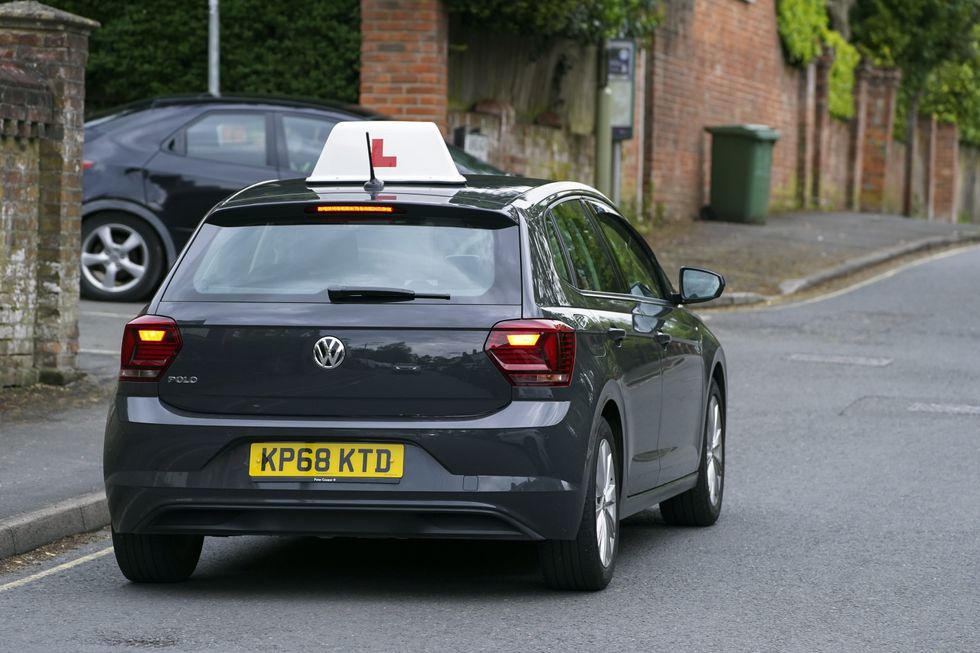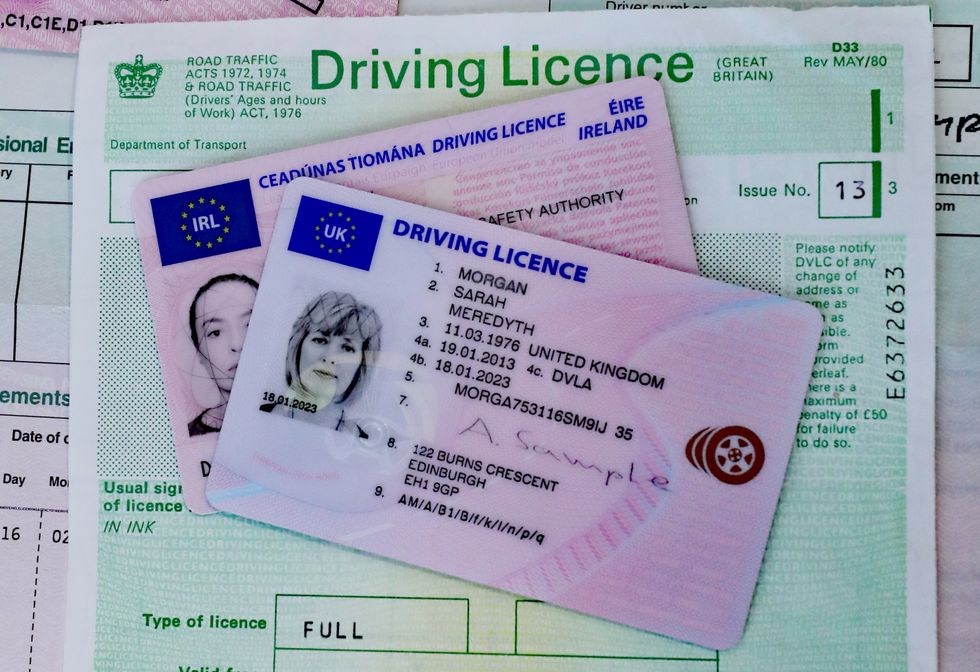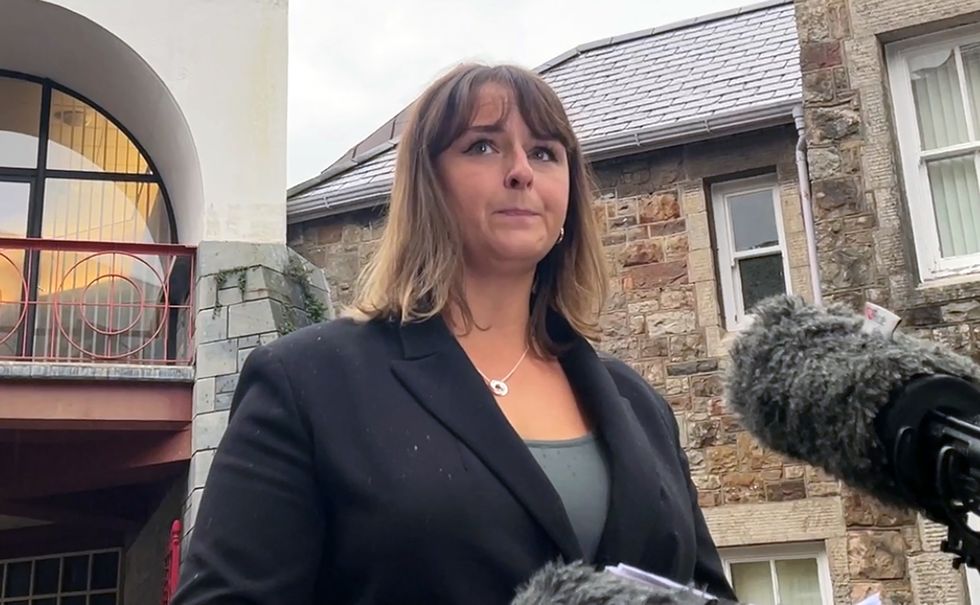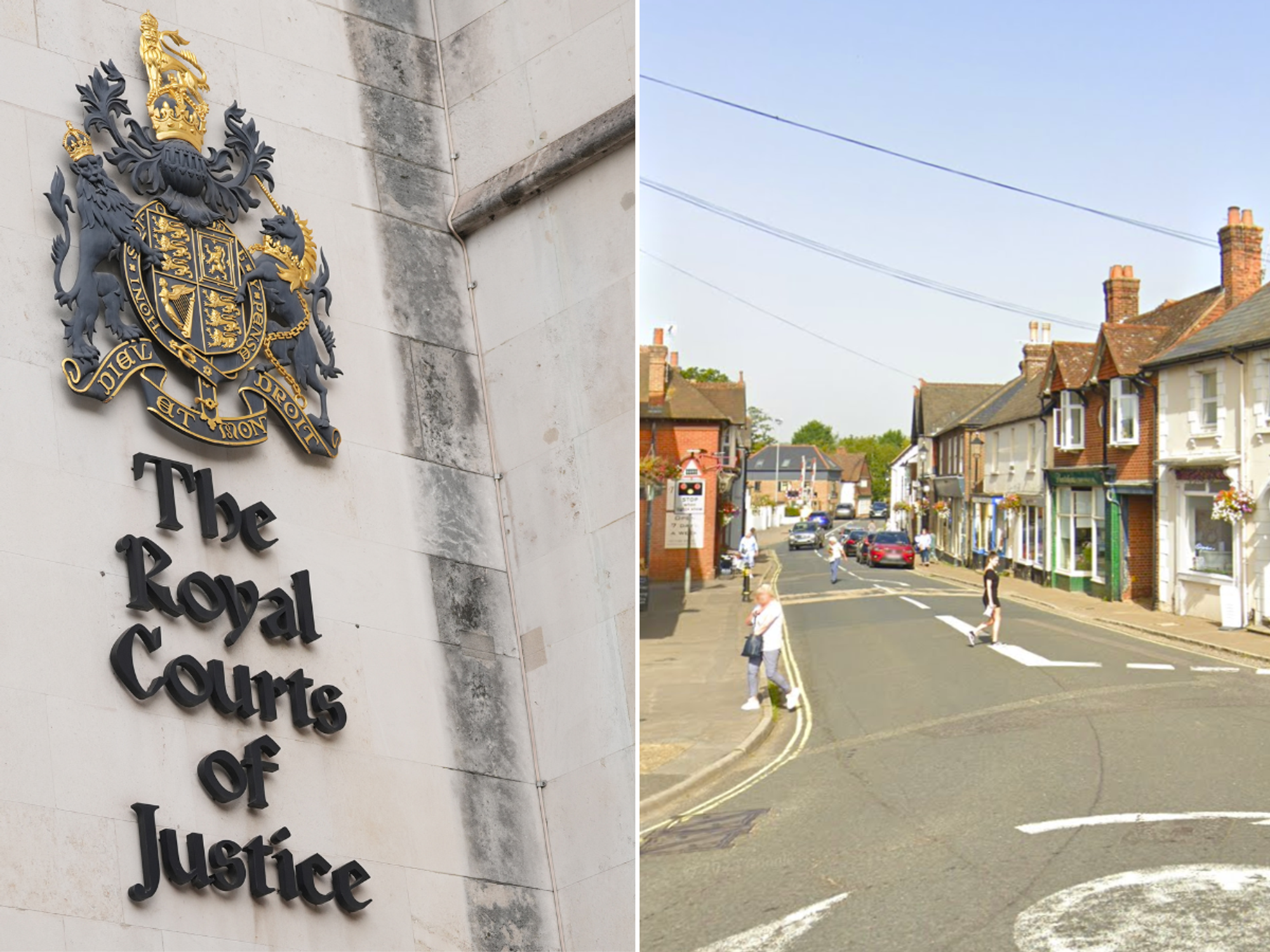Driving licence changes could see motorists banned from carrying passengers, new number plates and more

'We are calling on the Transport Secretary to make simple, pragmatic changes to the licensing process so young people are better protected'
Don't Miss
Most Read
Motoring organisations and experts are calling on the Government to urgently introduce new driving licence rules which could save almost 60 lives on the road every year.
New research from the AA has found that a new Graduated Driver Licence system could save 58 lives per year and make roads safer as experts call for such measures to be rolled out.
Further road safety benefits could be seen with such a system seeing at least 260 serious injuries avoided on UK roads.
To highlight the benefits, AA chief executive Jakob Pfaudler has written to Transport Secretary Louise Haigh to highlight the benefits of such a scheme if it were to be introduced in the UK.
Do you have a story you'd like to share? Get in touch by emailing motoring@gbnews.uk

New drivers could face restrictions for six months after they pass their test
| PAThis comes as the AA launches its GDL summary in the "Creating Confidence for Drivers" report which states that young, inexperienced motorists and their passengers face a "disproportionate risk" on the road.
It points to the system in action abroad. The GDL licences are already in place in Australia, New Zealand and Canada and give parents extra back-up to enforce passenger rules.
One of the most popular rules involved in the licence scheme is for newly qualified drivers to be banned from carrying passengers their age for six months after passing their test.
Analysis shows how 20 per cent to 40 per cent of motorists could avoid death or serious injury with graduated licences for those who are newly behind the wheel.
As part of the new proposals being set out by the AA, new drivers could face six points for not wearing a seatbelt, effectively making them lose their licence under the New Drivers Act.
Police could also be helped with the new proposals by ensuring that all motorists under the age of 21 display a "G" plate for the first six months of their test. Failure to do so could lead to three points.
Sharron Huddleston, who formed the Forget-me-not Families Uniting group, said graduated licences were a "crucial issue" before asking how many deaths it would take before changes are enacted.
She continued, saying: "Our message is simple – listen to us, listen to the experts, listen to The AA and learn from other countries, who have seen a huge reduction in young driver and passenger deaths after introducing graduated driving licensing for young novice drivers.
 The new proposals would see limits put on newly qualified drivers | PA
The new proposals would see limits put on newly qualified drivers | PA"My daughter, Caitlin, would be alive today if action had been taken when the concept of graduated licences was floated years ago."
The report found that more than seven in 10 AA members believe that graduated licences limiting passengers are a good idea and would help boost road safety.
Another popular proposal as part of the GDL measures could be to introduce a mandatory logbook to ensure learners spend enough time gaining experience on rural roads, as well as driving at night and in different weather conditions before taking their test.
Jakob Pfaudler noted how 290 people were killed in young driver crashes last year, with more than 1,300 seriously injured, saying that a GDL system was already "proven" in other countries.
He continued, saying: "Not only is this a tragic waste of life, but it contributes to the burden of high insurance premiums for young drivers. These premiums should fall when there is evidence of a reduction of young drivers and passengers killed and seriously injured.
"We are calling on the Transport Secretary to make simple, pragmatic changes to the licensing process so young people are better protected in their first few months of independent driving."
Similarly, Edmund King, director of the AA Charitable Trust, said passenger restrictions were a "top priority" for drivers and parents of young motorists.
He said: "The introduction of passenger restrictions, would help mitigate the increased risk young drivers have to manage when they have peer-aged passengers travelling with them. A six-month restriction is a small price to pay for saving young lives.
LATEST DEVELOPMENTS:
- Millions of British drivers risk being left behind with electric car transition amid charging fears
- Britons support fuel duty freeze and warn price hikes would be 'economic and political suicide' for Labour
- Motorists demand urgent law changes as Britons need car checks 'without it hitting them in the wallet'
 Crystal Owen, whose son Harvey Owen, 17, was one of four teenagers killed in a crash last year, said law changes need to be made | PA
Crystal Owen, whose son Harvey Owen, 17, was one of four teenagers killed in a crash last year, said law changes need to be made | PA"The very recent inquest into the tragic deaths of four young men is a stark reminder that action needs to be taken to protect young lives, and it needs to be taken sooner rather than later."










